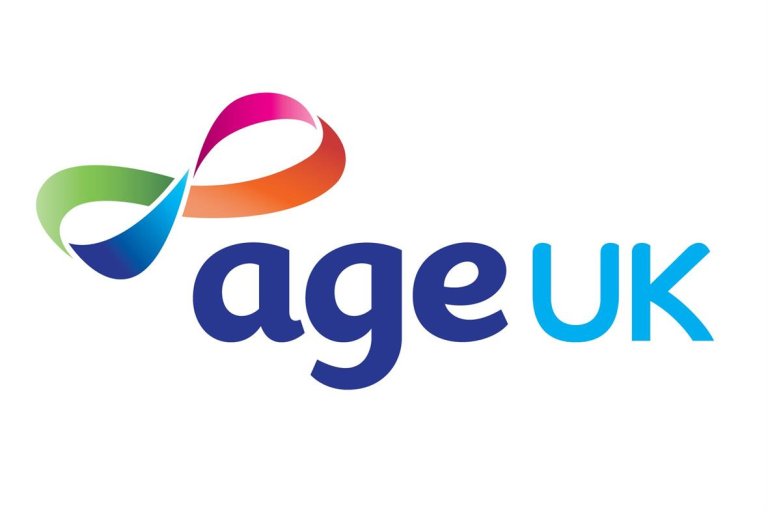Katie Kennerell is Rapid Transfer Service Operational Manager at Kent Community Health NHS Foundation Trust. She Tweets as @Kennerell.
This is the fourth blog in the BGS’s ‘Timely Discharge’ series. We aim to raise awareness of the detrimental effects on older people of being stuck in hospital when they are 'medically fit for discharge'. Our blog series explores the causes of delayed discharges, the knock-on effects to the wider health and social care system, and what needs to change.
The Rapid Transfer Service (RTS) is responsible for complex discharges from acute hospitals in east Kent, so essentially if you need additional support on discharge, then we are the team that delivers this.
Pathway 1 is the pathway for those patients assessed as having additional care needs and requiring support on discharge to enable them to return to their own home. Pathway 1 traditionally accounts for 50% of our discharges. These tend to be our discharges that move the quickest, and once this pathway has been identified, patients are usually discharged the same day or the next day.
In the last few months there has been a national shortage of carers, which has impacted on the flow of patients through our pathway and our ability to discharge our patients back to their own homes in a timely way. As a team, we have discussed how this has made us feel and team members have fed back the difficulties they have experienced.
There have been many patients that have had to stay in an acute hospital to await suitable care being arranged, or have been transferred to interim beds to continue to wait. This has led to challenging and difficult conversations with patients and their loved ones as to why they are not able to be discharged. We have to explain why they are required to transfer to another facility which may not be close to home and their family may not be able to visit due to the distance or isolation rules imposed during the current pandemic.
The RTS team have had feelings of desperation that they are failing their patients as they fight hard to advocate for them and to ensure they are discharged at the right time on the right pathway. It has evoked feelings of guilt that patients may decondition whilst waiting for the support they need; we know that, for many older people, returning to the place they call home is what they want and is best for their recovery.
The team have also felt that they are letting the acute hospital down as the pressures in the acute Trust increase and the number of patients attending A&E is rising. RTS have not been able to support with the flow of these patients into suitable community-based care, which at times has put a strain on professional relationships. Everyone is rightly fighting for their medically optimised patients to be able to go home. They want to be able to care for their most poorly patients and in the right places, rather than these new patients having to be an outlier on other wards instead of using beds on speciality wards.
It has been a very difficult time for all staff working within acute and community settings as they have not managed to support their patients in the way they would like. It has been an emotional journey for us all but we remain committed to focusing on our patients and striving to get the best results for them that we can, maintaining quality and safety while responding in a timely way.



